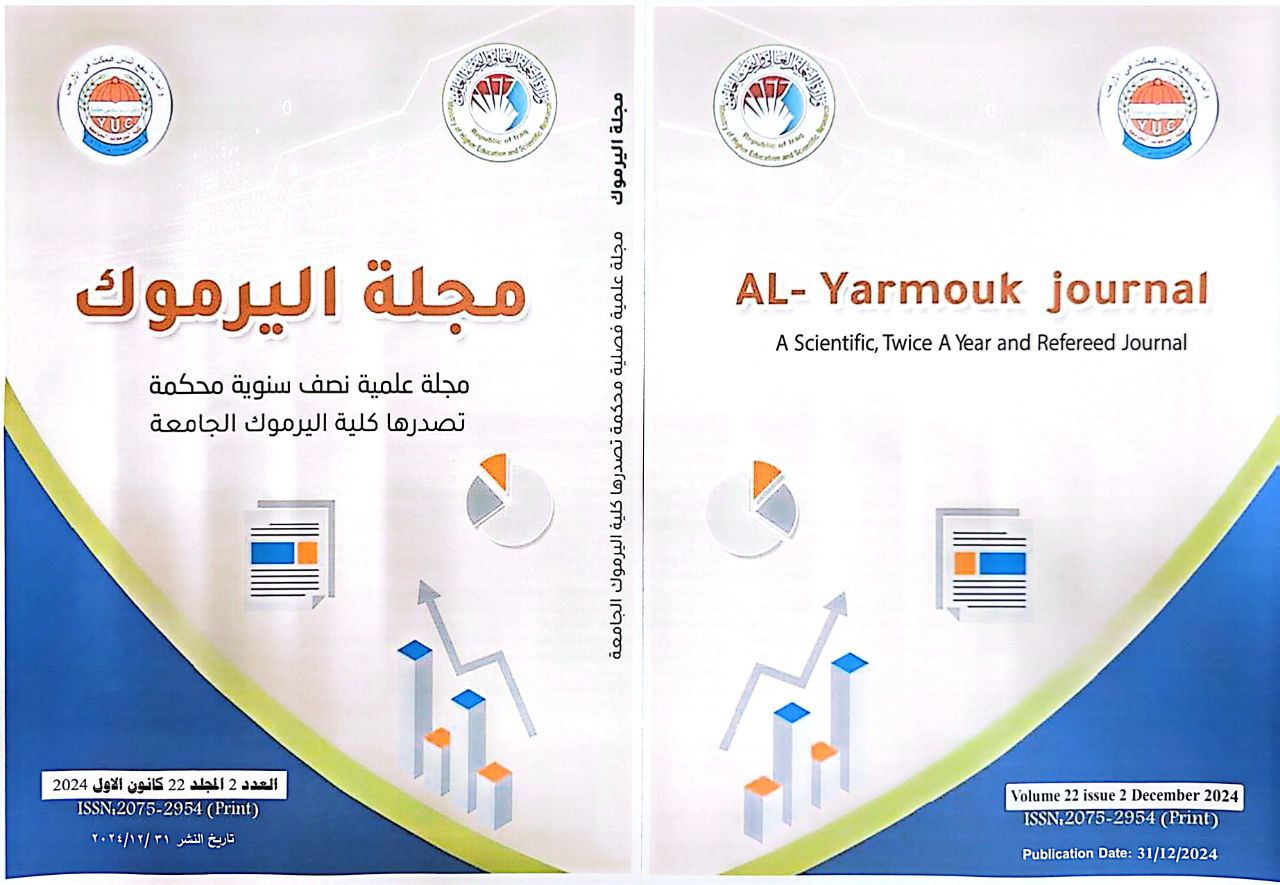Ecological Consciousness and Human Weakness in Hardy’s The Return of the Native
الوعي البيئي والضعف البشري في هاردي عودة المواطن
Keywords:
Ecosystem, skepticism, transformation, Ecocriticism, coexistenceAbstract
This research paper examines the interrelationship between humans and the natural world, emphasizing the need to achieve a harmonious balance between them to avoid environmental degradation. This bleak life is made up as a result of the industrial revolution and human changes. Through an analysis of Thomas Hardy’s novel The Return of the Native, the study highlights the novelist’s environmental awareness and how the novel’s characters interact with environmental issues. The study relies on the framework of modern ecological criticism to understand this interaction, indicating that environmental conservation requires a deeper understanding of the relationship between humans and nature. It aims to pursue the argument on the vital relationship between humans and nature from an environmental perspective, this interaction has become more urgent in light of contemporary environmental challenges such as climate change, pollution, and the depletion of natural resources. By analyzing The Return of the Native, the study examines how Thomas Hardy embodied nature as an influential force in the characters’ lives, and even as a pivotal element that reflects the conflict between humans and nature, especially in light of the transformations witnessed by the Victorian era and the rise of industrialism. In addition, the study reflects that Hardy’s environmental awareness is still relevant in the context of the environmental challenges we face today. The analysis highlights the pivotal role of nature in shaping human destinies, highlighting that ignoring this interaction can lead to the exacerbation of environmental crises. The study also calls for a re-evaluation of the relationship between humans and the environment through practical references aimed at promoting environmental sustainability. These ecological studies address the importance of environmental education, improving environmental policies, and encouraging reconnection with nature as an integral part of human identity. This integrated approach is the basis for a deeper understanding of environmental challenges and the search for comprehensive and sustainable solutions to them. In conclusion, the study proposes a set of recommendations that can contribute to addressing contemporary environmental challenges and is directed to researchers, environmental activists, and stakeholders in environmental conservation efforts.





